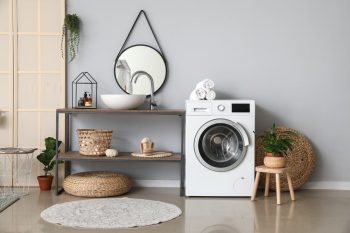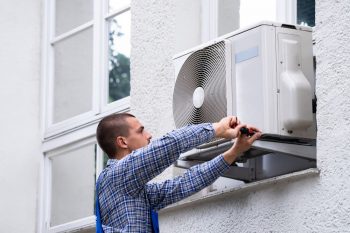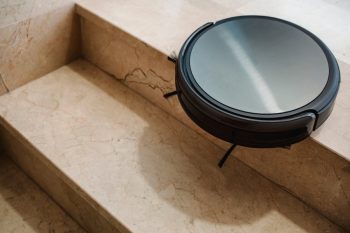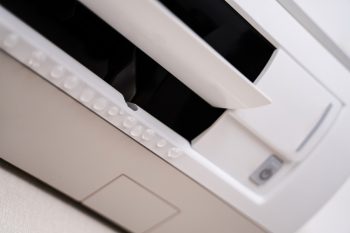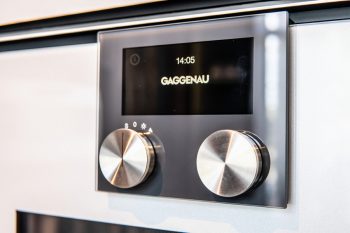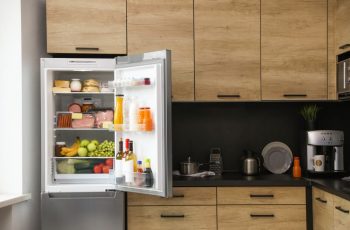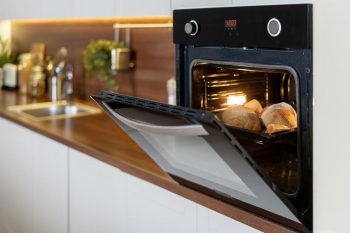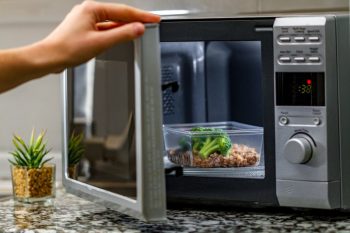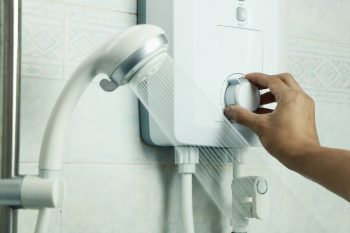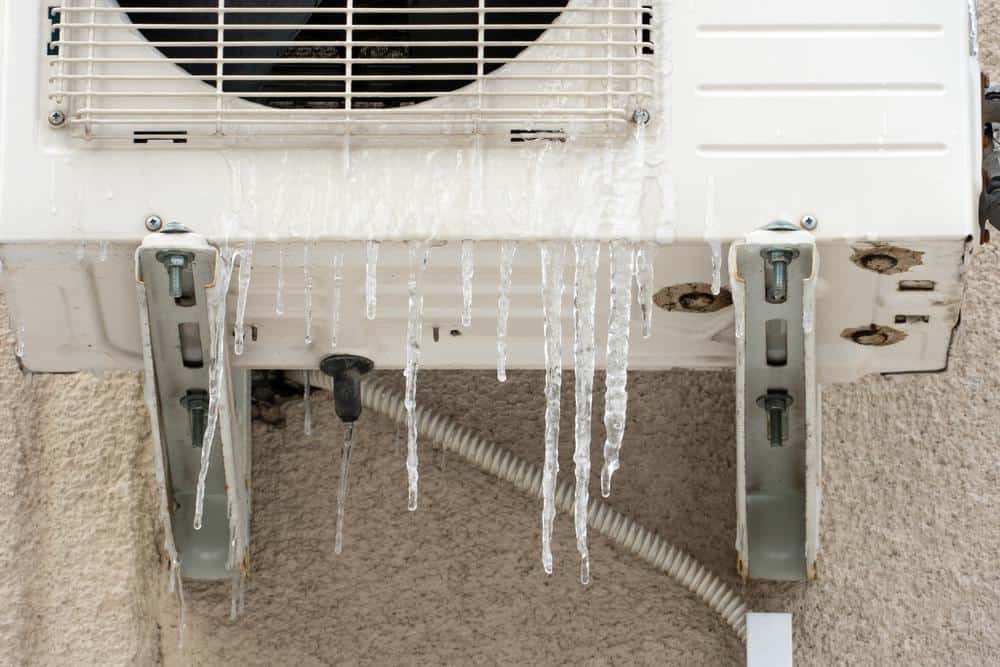
Air conditioning systems have become an integral part of our lives, especially during the hot summer months. However, knowing when to start using an air conditioner can be a bit tricky. It depends on various factors such as the climate, your home’s insulation, and your daily routine. In this comprehensive guide, we will delve deeper into these factors to help you determine the best time to start using an air conditioner.
The best time to start using an air conditioner depends on various factors including the indoor and outdoor temperature, humidity levels, your health considerations, and energy efficiency. Typically, most homeowners turn on their air conditioner when the indoor temperature reaches around 75 degrees Fahrenheit (24 degrees Celsius). However, to save energy and costs, it’s recommended to use alternative cooling methods like fans or open windows when the outdoor temperature is cool or dry. Regular maintenance and understanding your AC’s performance can also help determine the optimal time to use it.
Understanding the Ideal Indoor Temperature
For most homeowners, the air conditioner is turned on when the indoor temperature reaches around 75 degrees Fahrenheit (24 degrees Celsius). But this isn’t a hard and fast rule. It’s crucial to consider the outdoor temperature and the time of the year. Remember, using your air conditioner consumes energy and increases your utility bills, so it’s best to use it only when necessary.
Alternative methods like opening windows when there’s a mild breeze or using fans in occupied rooms can help keep your home cool and save energy. Fans can be more energy-efficient and maintain a comfortable living area, especially when the outdoor temperature is cool or dry. However, if it’s hot and humid outside, it’s better to use the air conditioner to cool down the room.
The Role of Humidity
Humidity plays a significant role in determining the best time to start using an air conditioner. High indoor humidity levels can make the room feel hotter during summers and can also damage the air conditioner. When the indoor humidity levels are high, the air conditioner will strain to maintain the required thermal levels inside the house, resulting in uneven cooling and increased wear and tear of the system. Experts recommend keeping indoor humidity levels below 50%, though a level around 40% is even better.
Health Implications
There are several health implications to consider when deciding to start using an air conditioner. These range from dry skin and eyes, respiratory problems, headaches, allergies, and difficulty adapting to heat. To minimize these health implications, it is essential to maintain your air conditioning system properly. This includes regular filter changes, opening windows for ventilation, and having the system inspected and cleaned regularly.
Energy Efficiency and Cost Considerations
There are energy efficiency and cost considerations to take into account when deciding to start using an air conditioner. Factors that affect the energy efficiency of an air conditioner include its SEER rating, installation quality, maintenance, air filter condition, air leaks, and thermostat settings. The higher the SEER rating, the more efficient the air conditioner will be.
The Impact of Air Conditioner Type and Model
The type or model of the air conditioner can affect when you should start using it based on its cooling capacity, cycle time, and energy efficiency. Oversized air conditioners tend to have shorter cycles, which can lead to less efficient cooling and higher energy consumption. On the other hand, undersized air conditioners may struggle to provide the required amount of cooling and comfort, leading to longer cycle times and better humidity removal.
Optimal Times of Day to Use an Air Conditioner
The best time to run your air conditioner is in the morning when your house is at its coolest. Setting your AC to run in the mornings is the most efficient way to maintain a comfortable indoor temperature and save money on cooling costs because the unit doesn’t have to work as hard. Turning on your AC in the morning and maintaining a constant temperature throughout the day can help reduce wear and tear on your unit and save energy.
Regular Maintenance and Service
Regular maintenance and service of an air conditioner can influence the optimal time to start using it by ensuring that the system is functioning efficiently and effectively before the hot summer months arrive. Regular maintenance can help extend the life of the air conditioning unit, improve its energy efficiency, and prevent costly breakdowns.
In conclusion, knowing when to start using your air conditioner can help you achieve a comfortable indoor environment, save on energy costs, and extend the life of your unit. It requires an understanding of factors such as temperature, humidity, health implications, energy efficiency, and regular maintenance. By taking these factors into account, you can make informed decisions about when to start using your air conditioner.
Frequently Asked Questions
What is a SEER rating?
SEER stands for Seasonal Energy Efficiency Ratio. It is a measure of an air conditioner’s energy efficiency. The higher the SEER rating, the more energy-efficient the air conditioner is.
How can I reduce the humidity levels in my home?
There are several ways to reduce humidity levels in your home. These include using a dehumidifier, improving ventilation, using exhaust fans in the kitchen and bathroom, and drying clothes outside instead of inside.
How often should I change the air filter in my air conditioner?
It’s generally recommended to change the air filter in your air conditioner every 30 to 60 days. If you have pets or allergies, you might need to change it more frequently.
What is the ideal indoor temperature during summer?
The ideal indoor temperature during summer may vary depending on personal preference, but generally, it’s around 78 degrees Fahrenheit (25.5 degrees Celsius) when you’re at home and awake. You can set it higher when you’re away or asleep to save energy.
What does ‘cycle time’ mean in relation to air conditioners?
Cycle time refers to how long the air conditioner runs in one go before it turns off and then on again. The cycle time of an air conditioner can affect its efficiency and the consistency of the temperature in your home.
How often should I have my air conditioner serviced?
It’s generally recommended to have your air conditioner serviced once a year, ideally in the spring before the hot weather arrives. Regular servicing can help keep your air conditioner working efficiently and extend its lifespan.

